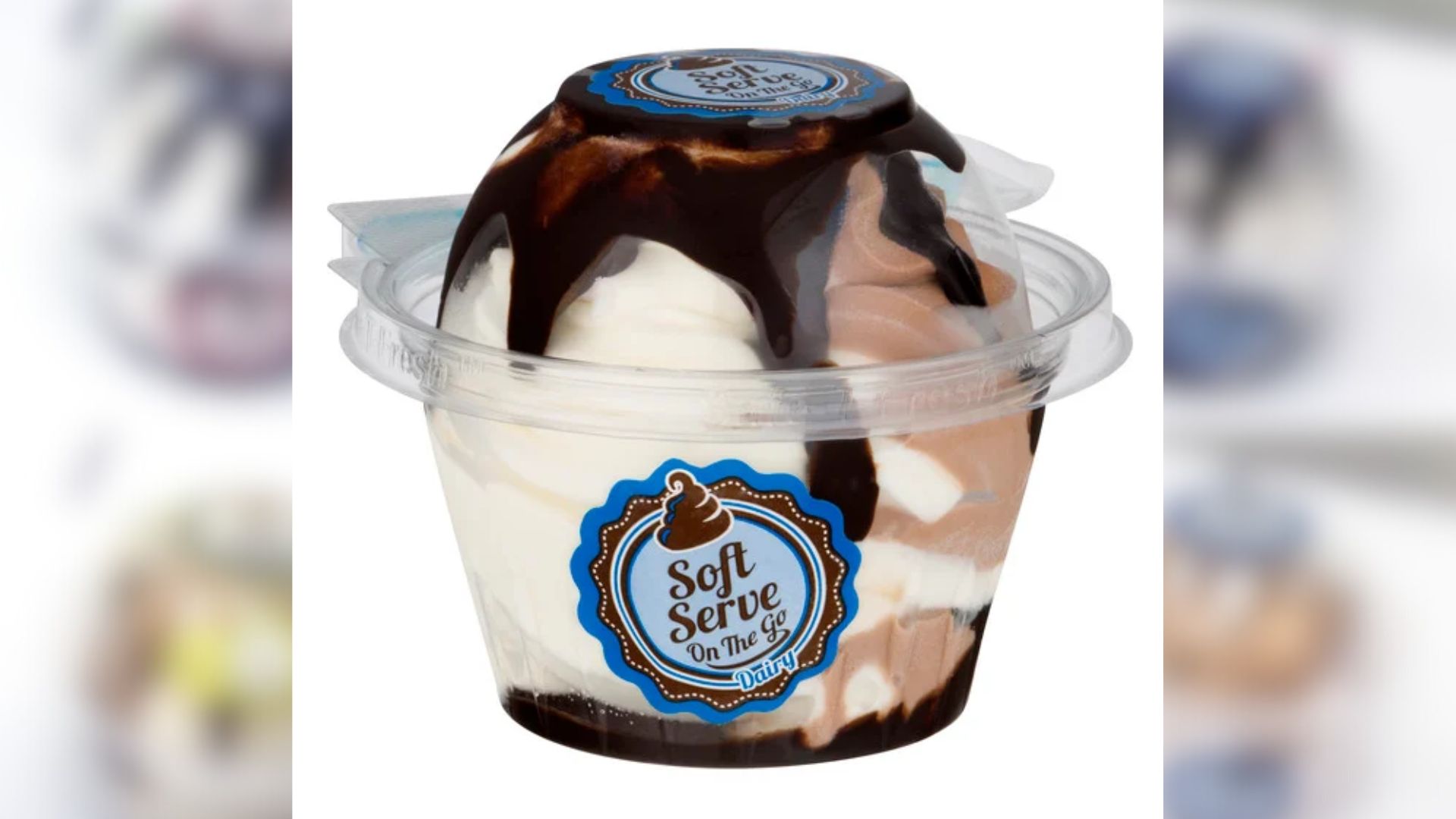Ice cream cups sold in 20 states linked to Listeria outbreak, CDC warns
"Soft Serve On The Go" ice cream cups have been recalled due to potential bacterial contamination.

A widely sold ice cream product has been recalled after being linked to a Listeria outbreak that has hospitalized two people in the Northeast.
On Thursday (Aug. 10), the Centers for Disease Control and Prevention (CDC) warned that one person in New York and one in Pennsylvania had been hospitalized with listeriosis, a potentially serious infection caused by the bacterium Listeria monocytogenes. People typically become exposed to the microbe by eating contaminated food. Newborns and those who are pregnant, older than 65 or have weakened immune systems face the highest risk of severe illness and death from Listeria infection.
"CDC is concerned because the recalled ice cream was served in at least one long-term care facility, where many residents are ages 65 or older or may have weakened immune systems," the agency said in the statement. "This makes them more likely to get very sick from Listeria."
Related: New species of bacteria discovered after man is bitten by stray cat
Many people, especially if they're not in one of the higher-risk groups, recover from listeriosis without medical care and therefore don't get tested for L. monocytogenes, the CDC added. Because of this, and the fact that investigations of such outbreaks take time, "the true number of sick people in this outbreak is likely higher than the number reported, and the outbreak may not be limited to the states with known illnesses."
One of the individuals hospitalized with listeriosis reported that, before falling ill, they ate a "Soft Serve On The Go" ice cream cup made by Real Kosher Ice Cream of Brooklyn, New York. Health officials then found L. monocytogenes in an ice cream cup in that person's freezer.
Officials are still working to confirm that the microbe found in the freezer matches the outbreak strain, but in the meantime, the ice cream company has recalled its potentially contaminated products, according to the Food and Drug Administration (FDA).
Sign up for the Live Science daily newsletter now
Get the world’s most fascinating discoveries delivered straight to your inbox.
The recalled ice cream cups were distributed in 20 states and can be identified by their UPC (Universal Product Code), which is listed in the FDA announcement. The products are also distributed internationally to Belgium, Brazil, Canada, Mexico and the U.K., the CDC noted.
All the "Soft Serve On The Go" ice cream cups produced by Real Kosher Ice Cream up to Aug. 4, 2023 are being recalled, according to the FDA. "The company has ceased the production and distribution of the product as FDA and the company continue their investigation as to what caused the problem," the agency said in the statement.
As the investigation continues, the CDC stressed that consumers should avoid eating "Soft Serve On The Go" ice cream cups. L. monocytogenes can survive at freezing temperatures, so any of this product in people's homes should be thrown away or returned to the store for a refund. In particular, long-term care facilities, hospitals and businesses should be careful not to sell or serve the ice cream cups.
If you have questions about the recall, contact the ice cream company at 845-668-4346 or info@softserveonthego.com from Monday to Friday from 9 a.m. to 5 p.m. EDT.
Call a health care provider right away if, after eating the ice cream, you have symptoms of listeriosis, including fever, muscle aches, tiredness, headache, stiff neck, confusion, loss of balance or seizures. After someone eats food contaminated with Listeria, symptoms most often start within two weeks but can sometimes start as early as the same day or as late as 10 weeks later.
Listeria outbreaks have been linked to ice cream in the past. For example, Blue Bell ice cream was tied to an outbreak in 2015, Nestlé Drumsticks in 2016, and Florida's Big Olaf Creamery in 2022.

Nicoletta Lanese is the health channel editor at Live Science and was previously a news editor and staff writer at the site. She holds a graduate certificate in science communication from UC Santa Cruz and degrees in neuroscience and dance from the University of Florida. Her work has appeared in The Scientist, Science News, the Mercury News, Mongabay and Stanford Medicine Magazine, among other outlets. Based in NYC, she also remains heavily involved in dance and performs in local choreographers' work.









